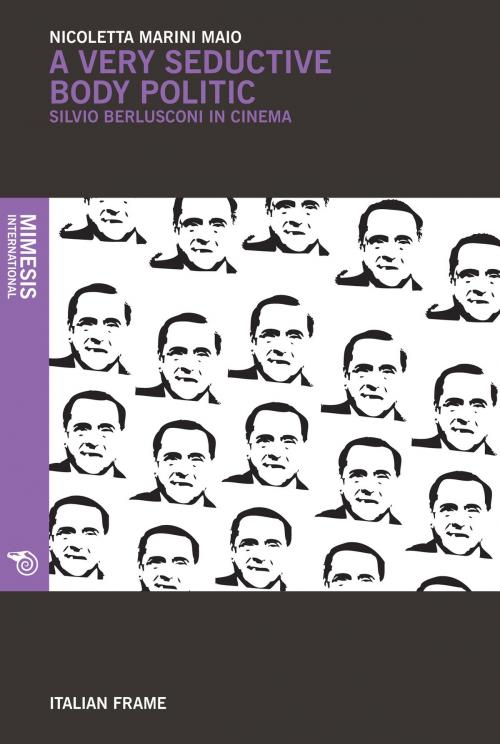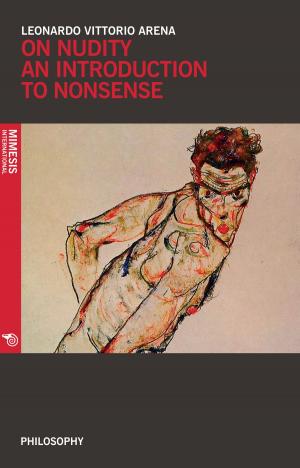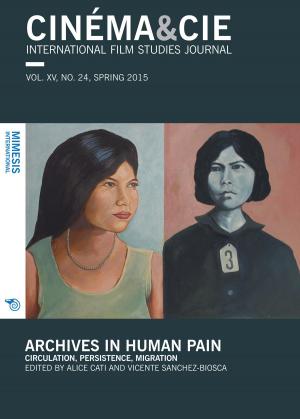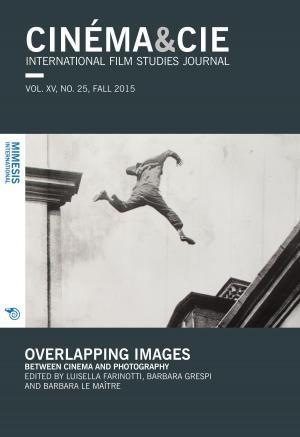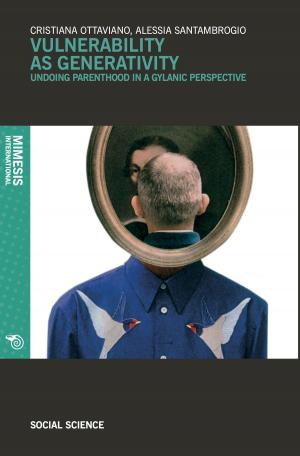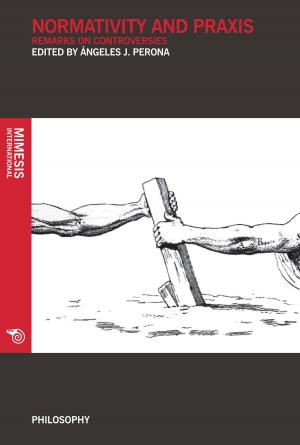| Author: | Nicoletta Marini Maio | ISBN: | 9788869770425 |
| Publisher: | Mimesis International | Publication: | October 21, 2015 |
| Imprint: | Mimesis International | Language: | English |
| Author: | Nicoletta Marini Maio |
| ISBN: | 9788869770425 |
| Publisher: | Mimesis International |
| Publication: | October 21, 2015 |
| Imprint: | Mimesis International |
| Language: | English |
This volume maps the multilayered narratives created in cinema on and around Silvio Berlusconi as a means of exploring the ageof Berlusconismo. The analysis crosses chronological and generic boundaries, stretching back to the comedy Italian style, which foreshadows the symbolic meanings incarnated by Berlusconi before he actually entered the public stage. The book delineates a comprehensive cinematic corpus and focuses on a selection of narrative and documentary films, from the proto-Berlusconi everyman of La più bella serata della mia vita (The Most Wonderful Evening of My Life, 1972) by Ettore Scola, to the Berlusconi pretext for political self-reflection of Arance e martello (Oranges and Hammer, 2014) by Diego Bianchi. The author argues that the Berlusconi in these films represents not only the historical persona, but also a pervasive semiotic category in which the recent history of the country is inscribed and Italian society mirrors itself.
This volume maps the multilayered narratives created in cinema on and around Silvio Berlusconi as a means of exploring the ageof Berlusconismo. The analysis crosses chronological and generic boundaries, stretching back to the comedy Italian style, which foreshadows the symbolic meanings incarnated by Berlusconi before he actually entered the public stage. The book delineates a comprehensive cinematic corpus and focuses on a selection of narrative and documentary films, from the proto-Berlusconi everyman of La più bella serata della mia vita (The Most Wonderful Evening of My Life, 1972) by Ettore Scola, to the Berlusconi pretext for political self-reflection of Arance e martello (Oranges and Hammer, 2014) by Diego Bianchi. The author argues that the Berlusconi in these films represents not only the historical persona, but also a pervasive semiotic category in which the recent history of the country is inscribed and Italian society mirrors itself.
